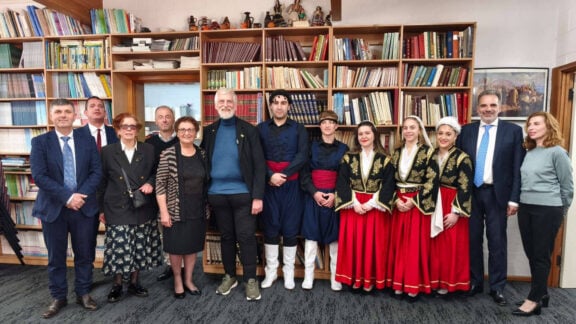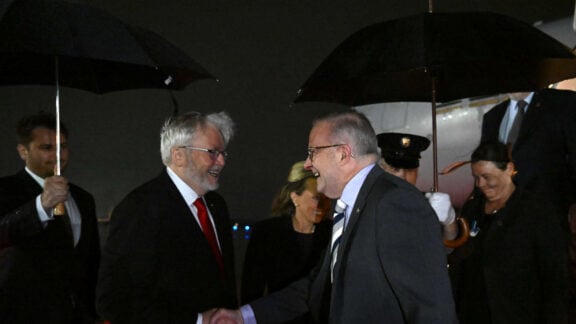Rents right around the country are on the rise as the property market rebounds from it’s COVID induced slump to approach pre-pandemic levels.
The median rent for units in inner Melbourne has reached $490 per week according to digital property portal Domain’s December 2022 rental report; a 33.3 per cent increase from the previous year.
Across the greater metropolitan area, the median weekly rental now sits at $450 per week, up 23.4 per cent from 2021.
It’s part of a trend throughout the nation’s rental markets with prices increasing 14.6 per cent across capital cities.
In Sydney the median rental asking price for houses is now $650 a week, with the asking price for units coming in at $575.
That’s a 12.1 per cent increase for houses and 18.6 per cent for units since December 2021.
Recent university graduate Luke Bell-Layton tells Neos Kosmos the market is anything but easy to navigate.
The 23-year-old moved from Melbourne to Sydney for work last year, he says bidding above asking price is “almost required” if you want a fighting chance at securing a lease.
“There’s just very few places available… I find myself applying for units I’m not even happy with just because it’s uncertain if I’ll even find the ‘right place’.”
The rental vacancy rates in both Sydney and Melbourne as of November 2022 are just 1.1 per cent.
That’s a decrease of 1.2 per cent in Sydney and 2.1 per cent in Melbourne from November 2021.
“My rent’s gone up 10 per cent in the last six months, you can definitely feel the pinch.”
That’s despite the yearly rent increase for units in the suburb of Paddington where he lives apparently only coming in at 2.2 per cent.
He’d previously been looking to share an apartment with a colleague, but when that fell through, staying put despite the rent hike was his only option.

Tyana Arhondis spent the last two years living in share houses, first in Coburg, then in Alphington.
She’s recently moved back in with her parents, something she describes as “a privilege.”
“A lot of people simply can’t do that, they don’t have the luxury,” she explains.
Tyana and her housemates were squeezing five, at points even six tenants into a three-bedroom place.
“We turned one of the living spaces into a bedroom and also retrofitted this other very small room to make space for another bed,” she says.
“Of course, the person who slept there used another part of the house as their workspace but its not an ideal situation is it.”
She says since she moved out, the people she was living with sought out a couple to fill the vacancy in an effort to further alleviate costs.
“It’s really hard on young people at the moment especially those trying to balance their time between university, work and their personal life,” she says.
“To be honest it really caused me a lot of stress as a student, I didn’t feel like I could manage it long term, without rent assistance it wasn’t sustainable.”
She says she’s lucky, her family wanted her home anyway; a sentiment many Greek-Australians might relate to.
Realtor Peter Stratakos tells Neos Kosmos consistent interest rate hikes are putting pressure on the property market across the board.
“As far as the rental market is concerned it’s booming and that’s primarily due to the lack of vacancies, all the properties have just been taken up.”
He says lately he’s seen more young families opt to rent rather than buy, as they weigh up whether the prospect of consistent rent increases or rising interest on home loans is more daunting.
“For the younger generation it’s definitely getting harder and harder, you’re looking at $600,000 – $700,000 minimum just to get your hands on a townhouse.”
But with vacancy rates at a record low the availability just isn’t there.
It’s a problem facing tenants across all demographics, and save a small miracle, it’s one that doesn’t appear to be going away any time soon.









